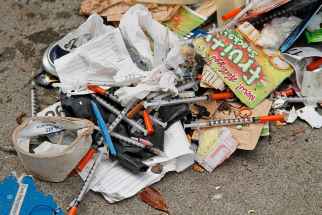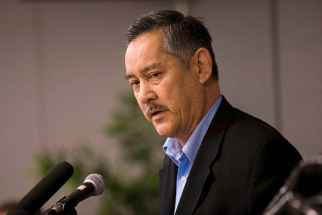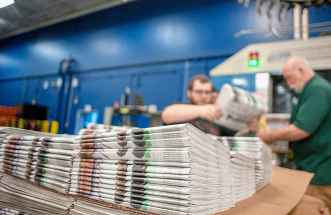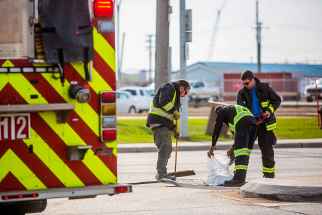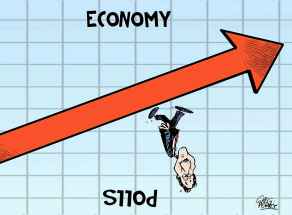Advocates for homeless decry city move to outsource removal of temporary shelters
Read this article for free:
or
Already have an account? Log in here »
To continue reading, please subscribe:
Monthly Digital Subscription
$0 for the first 4 weeks*
- Enjoy unlimited reading on winnipegfreepress.com
- Read the E-Edition, our digital replica newspaper
- Access News Break, our award-winning app
- Play interactive puzzles
*No charge for 4 weeks then price increases to the regular rate of $19.00 plus GST every four weeks. Offer available to new and qualified returning subscribers only. Cancel any time.
Monthly Digital Subscription
$4.75/week*
- Enjoy unlimited reading on winnipegfreepress.com
- Read the E-Edition, our digital replica newspaper
- Access News Break, our award-winning app
- Play interactive puzzles
*Billed as $19 plus GST every four weeks. Cancel any time.
To continue reading, please subscribe:
Add Free Press access to your Brandon Sun subscription for only an additional
$1 for the first 4 weeks*
*Your next subscription payment will increase by $1.00 and you will be charged $16.99 plus GST for four weeks. After four weeks, your payment will increase to $23.99 plus GST every four weeks.
Read unlimited articles for free today:
or
Already have an account? Log in here »
Hey there, time traveller!
This article was published 15/05/2019 (2401 days ago), so information in it may no longer be current.
The Assembly of Manitoba Chiefs and organizations that work with the homeless say the City of Winnipeg’s plan to hire someone to remove temporary camps set up by homeless people is wrong.
The city has issued a request for proposal not only for the collection and disposal of what it calls “biohazardous material,” but also the removal “bulky waste found in temporary homeless shelters.”
AMC Grand Chief Arlen Dumas said the organization is disappointed with how the city is treating the homeless community in Winnipeg, saying they should receive help instead of being punished by having their makeshift homes removed.

Dumas said the move could make it harder for the people affected to get help for their addictions or mental health care, marginalizing them even further.
“Societies are judged by how the less fortunate are treated,” Dumas said in a statement Wednesday.
“At the very least, both the city and the province should consider adopting safe injection sites or increase the amount of homeless shelters in the city… The Bear Clan has done an excellent job protecting Winnipeg’s most vulnerable. I hope the city and the province listen to them in their apprehensions about removing these homeless camps.”
Ken Allen, a spokesman for the city, said the RFP was put together because of a spike in 311 calls. The city says it has seen requests for collecting needles and sharps rise to 419 last year from 124 in 2016.
‘At the very least, both the city and the province should consider adopting safe injection sites or increase the amount of homeless shelters in the city…’
– AMC Grand Chief Arlen Dumas
“The award of this new contract will ensure there is a consistent resource dedicated to the proper and safe collection and disposal of needles and sharps without putting additional strain on city core services,” Allen said in a statement.
As for the removal of temporary homeless shelters, Allen said city staff, working closely with the Winnipeg Police Service, have been doing this for years.
“Due to their sensitive nature… all reasonable care is taken to protect the safety and health of any persons affected by the removal of temporary homeless encampments located on public property.”
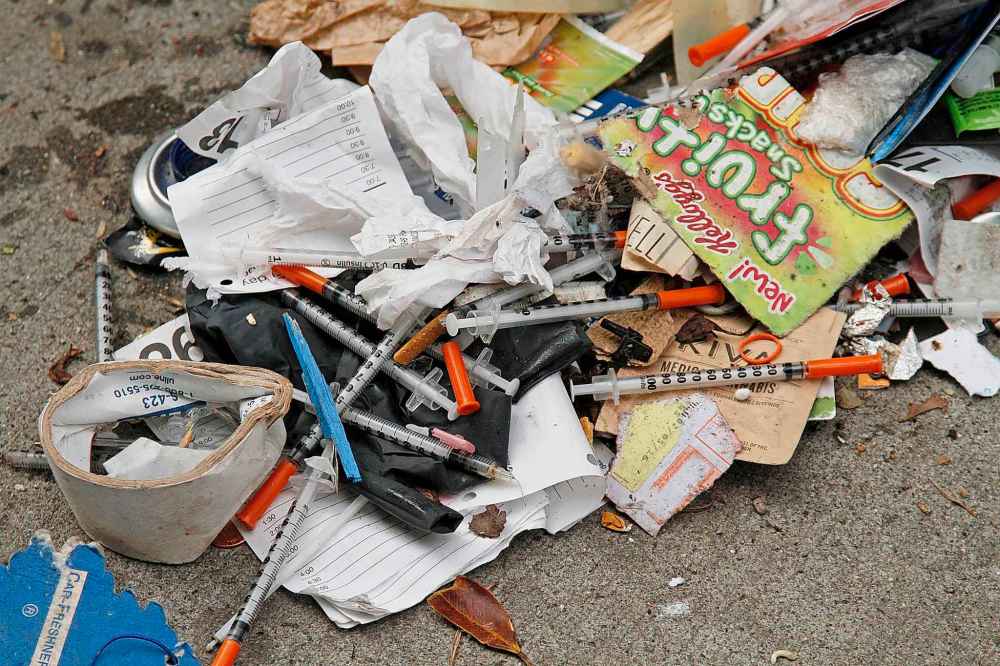
The RFP, which closes June 10, would see the successful bidder collect and dispose of “discarded biohazardous material on City of Winnipeg outdoor public spaces and right-of-ways.” Biohazardous material would include needles, sharps, condoms and human feces.
As well, the winning bidder would also collect and dispose of “bulky waste found in temporary homeless shelters,” including tarps, shopping carts, mattresses, blankets and garbage.
The city says the work would be directed from 311 service requests.
The contract would be for one year (Aug. 1 to July 31, 2020), but there is the option of having it extended by two one-year terms.
Marion Willis, founder and executive director of St. Boniface Street Links, said she believes the issue shows it is time for all of the organizations in the city which deal with the homeless to not only meet together and figure out a strategy, but to have homeless people themselves become part of the decision making.
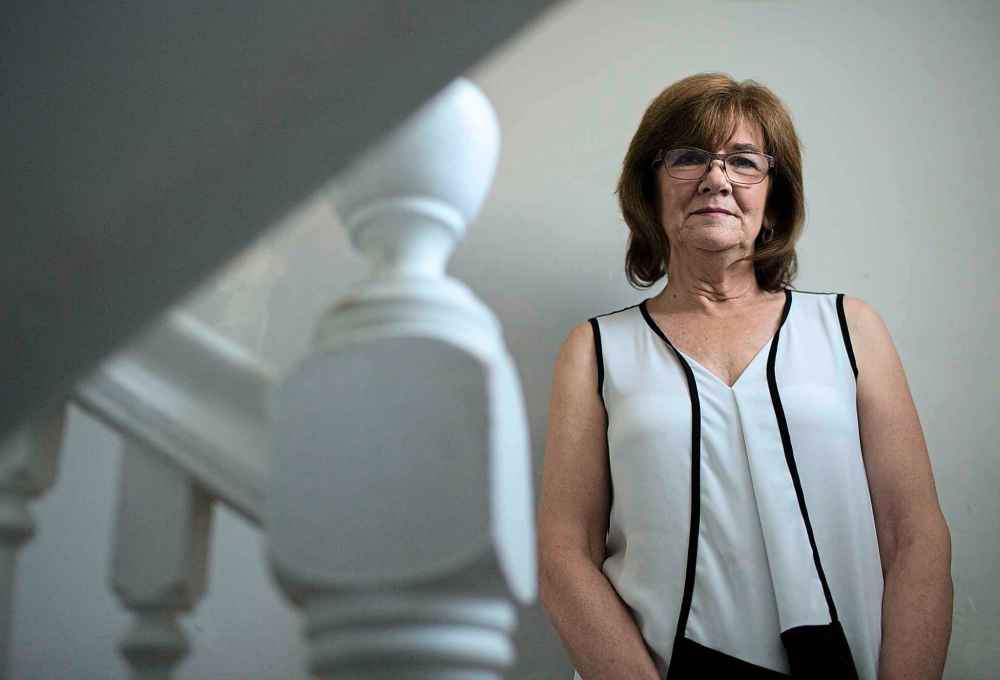
“Homelessness is the outcome of not having a multi-system, multidisciplinary strategy,” Willis said. “We have a lot of resources in this city — how do we all come together?
“It is inhumane to take down somebody’s camp.”
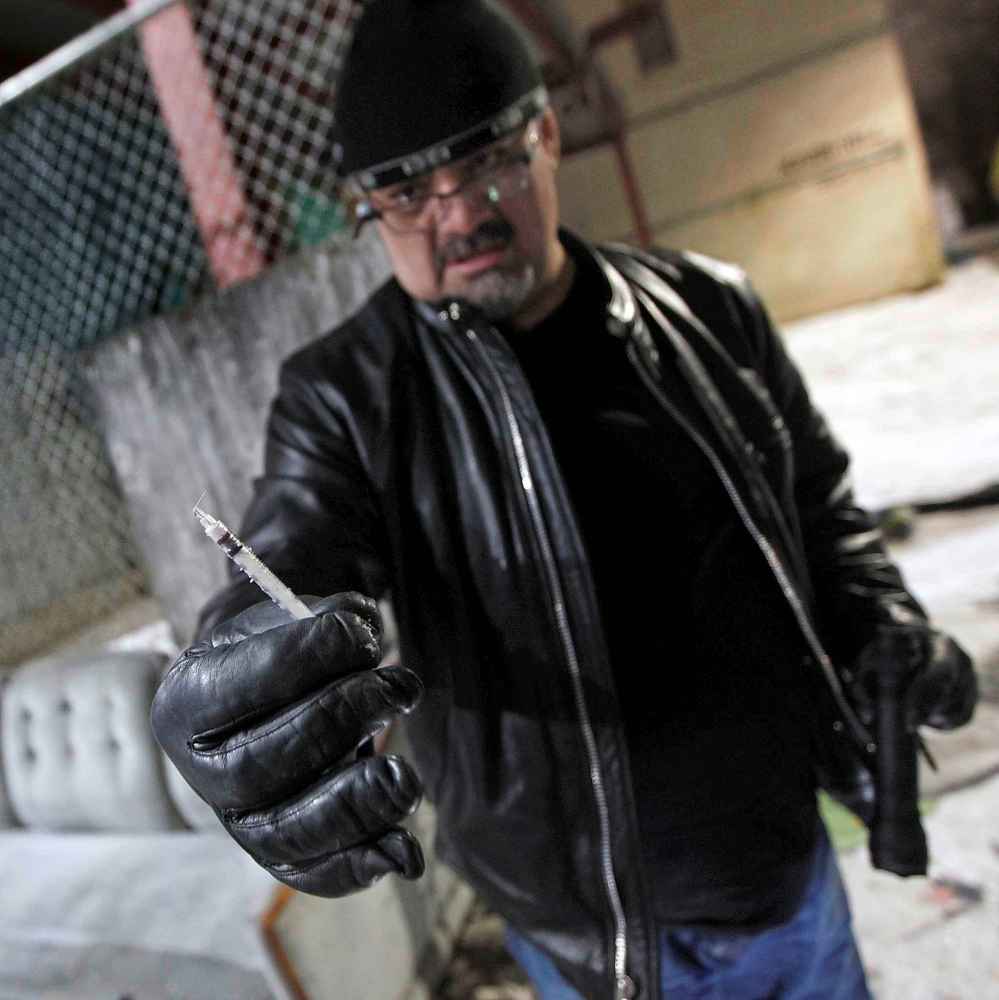
James Favel of the Bear Clan Patrol said his volunteers have picked up 46,000 needles so far this year, up from 40,000 in all of 2018. Favel said because of the needles it already picks up, he initially thought the patrol could bid for the project — but the community group wouldn’t dream of tearing down a temporary shelter.
“That’s not what we do,” Favel said. “We are about embracing not disciplining.
“They’ll just be homeless somewhere else if there is no strategy to help them. Most of the time, they’re having mental health issues. Taking away their belongings would be traumatic for them.”
Favel said his organization would welcome having another group pick up discarded needles because it would free up his volunteers to focus more on providing security in the community.
“If we didn’t have to do it, I wouldn’t be upset. We have more important work to get to.”
kevin.rollason@freepress.mb.ca

Kevin Rollason is one of the more versatile reporters at the Winnipeg Free Press. Whether it is covering city hall, the law courts, or general reporting, Rollason can be counted on to not only answer the 5 Ws — Who, What, When, Where and Why — but to do it in an interesting and accessible way for readers.
Our newsroom depends on a growing audience of readers to power our journalism. If you are not a paid reader, please consider becoming a subscriber.
Our newsroom depends on its audience of readers to power our journalism. Thank you for your support.


